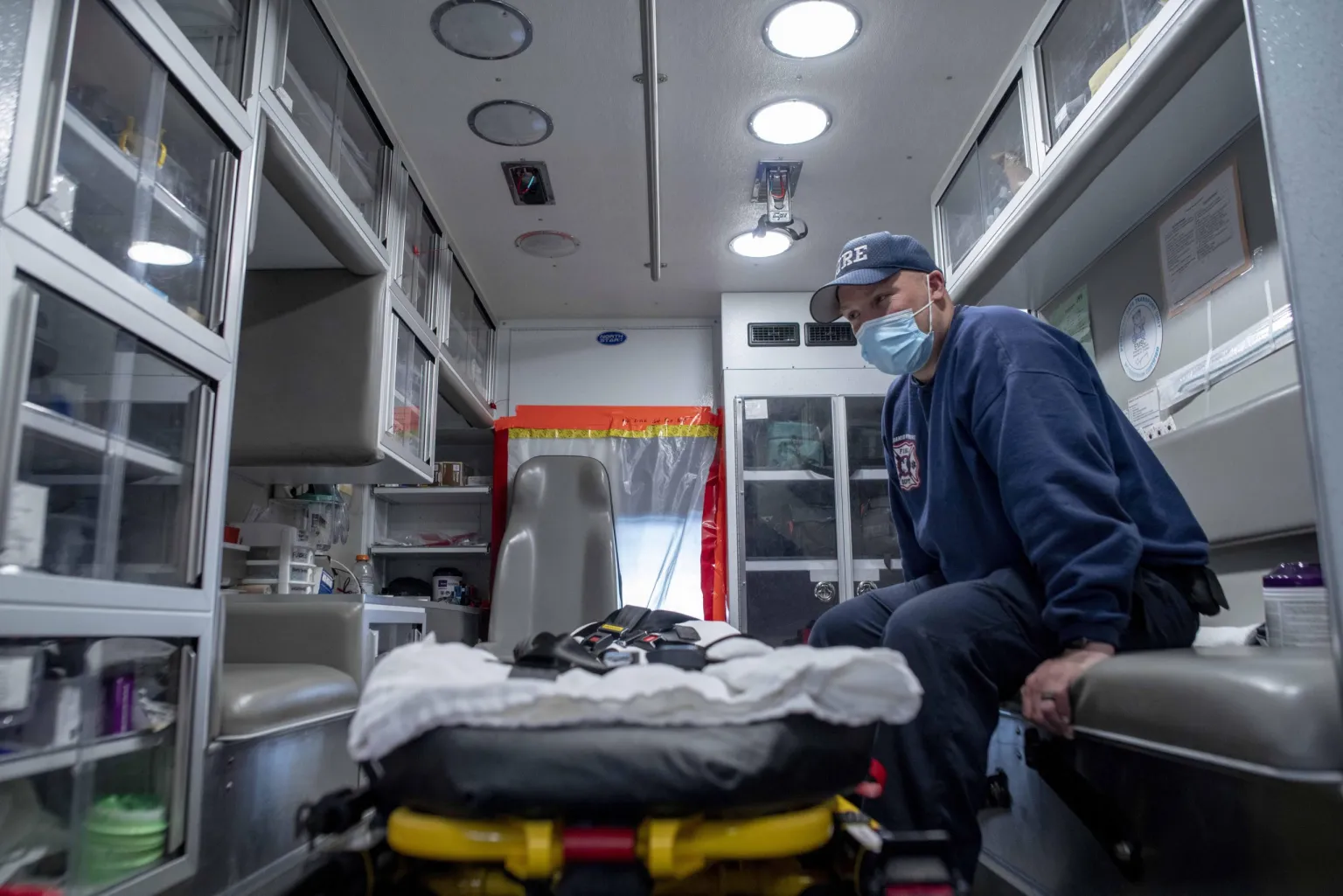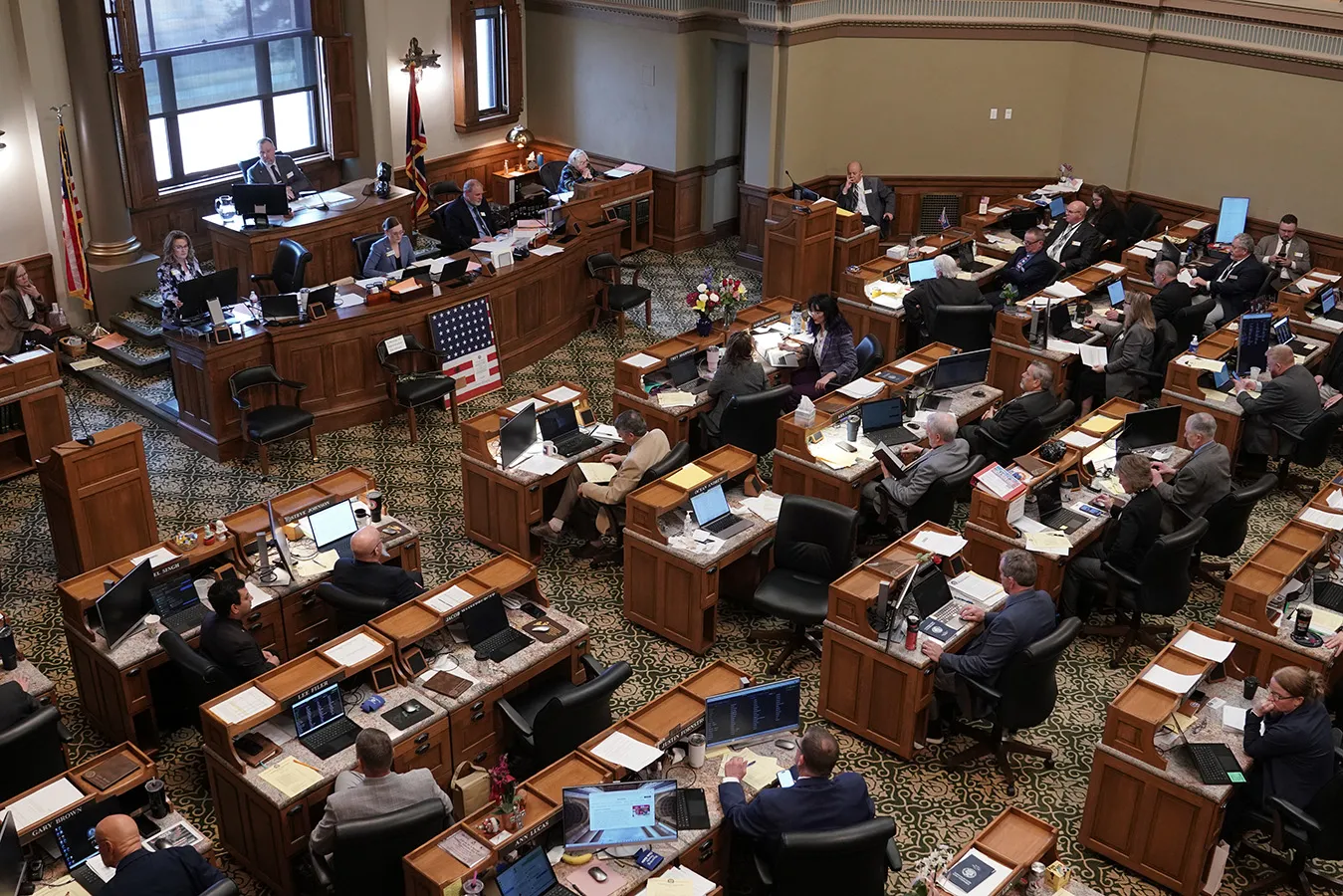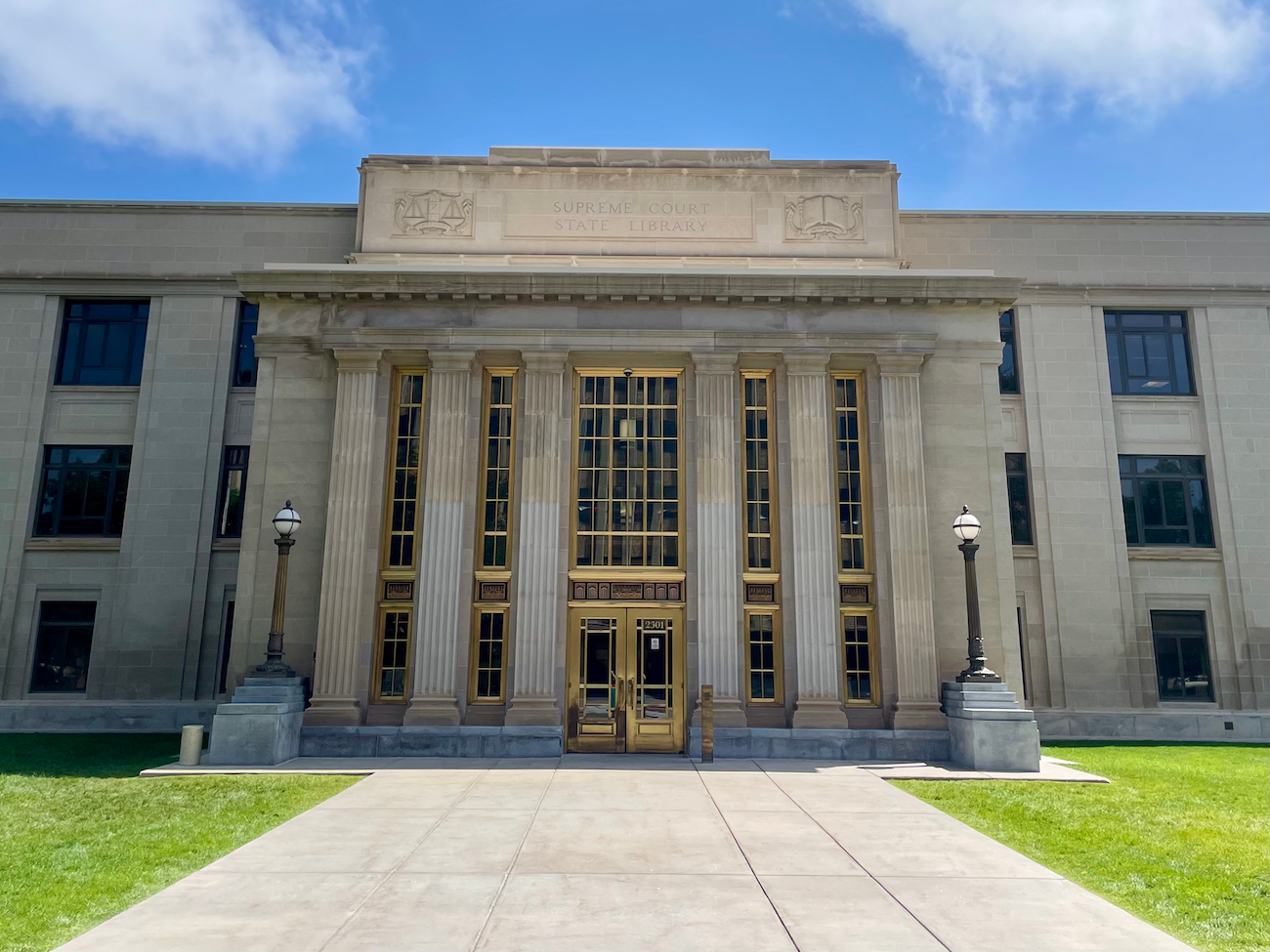Wyoming lawmakers are floating a headline-grabber: raise the starting salary for teachers statewide to $70,000. In a state where new teachers are currently starting around $40,000, that’s a massive leap and a pretty clear signal that the Capitol knows it has a recruitment problem, Gillette News Record reports.
But here’s the thing: education folks aren’t popping champagne yet. They’re squinting at the fine print — because depending on how this gets wired into the school funding model, the big raise could come with some nasty side effects. And in places like Teton County, it might even backfire.
The $70K recommendation is part of a draft recalibration bill headed to the Legislature’s Select Committee on School Finance Recalibration in January. After that, it goes to Joint Appropriations, which is where ideas either get money or get buried.
Recalibration is the once-every-five-years process where Wyoming is supposed to update how it funds K–12 education — factoring in inflation and new realities like tech costs and school security. Advocates say it’s meant to keep the system from drifting out of date.
Problem is, the system has drifted. The Wyoming Education Association says the last time lawmakers made a major, lasting update based on recalibration recommendations was 2010. So teacher salaries have essentially been stuck in slow motion while everything else got more expensive.
If the goal is to make teaching a viable job in Wyoming, Teton County is Exhibit A for why a simple statewide number doesn’t solve everything.
Teton’s cost of living is in a totally different universe. Housing shortages, Jackson real estate prices, and a workforce that gets priced out of its own community make the district an outlier even inside Wyoming.
At a Nov. 12 Teton County School District board meeting, finance manager Kristen Mayo told trustees that the recalibration changes lawmakers are considering might actually reduce some of the funding streams Teton relies on — especially the teacher salary allocation and the regional cost adjustment that helps cushion the valley’s insane living costs.
So while the proposal says “raise starting salaries,” the math for Teton could read more like “shift money around and hope it works out.”
One trustee didn’t mince words.
“This is a disaster for our employees,” said Keith Gingery, a current trustee and former legislator.
His big worry is how lawmakers might handle Teton County as an “anomaly.” Rep. Mike Yin (D-Jackson), who sits on the Select Committee, has suggested something like a housing stipend for Teton teachers — similar to what some state employees get when stationed there.
Sounds reasonable, right? Except Gingery says stipends are a trap if they’re not baked into salary.
If it’s not officially “salary,” it doesn’t count toward retirement. So teachers get help now, but their pension stays low forever.
“It won’t go toward your pension,” Gingery said. “And what’s happening is almost all state employees once they retire here in Teton County, they have to move.”
He says that’s exactly why Jackson and Teton County have resisted stipend systems in other contexts. They don’t want a short-term patch that locks in long-term loss.
Even outside Teton County, teachers and advocates are nervous about what this proposal actually means in practice.
Stan Morgan, a Teton teacher of 20 years and president of the county education association, said the Legislature knows how to sell a good soundbite — but that doesn’t guarantee real improvement.
“We are always encouraged when we hear the Legislature is considering pay raises for educators,”Morgan said. “This makes for a great headline for our legislators, but the devil is in the details.”
One big red flag: the committee recommendation talks about raising the “average” salary.
Morgan’s point is that “average salary” tweaks don’t automatically translate into a system that keeps teacher pay rising year after year. If the funding formula doesn’t change enough — or if it’s too rigid — districts could end up with a short-term bump and then stagnation all over again.
And in Teton County, where the district already pays above the statewide base using local budget stretches, the jump won’t feel like a windfall anyway. It just moves the goalposts for the rest of the state.
Morgan also worries the proposal could widen pay inequality inside districts. If lawmakers target teacher salaries but squeeze the rest of the model, then bus drivers, custodians, paraprofessionals, cafeteria teams — the people who keep schools functioning — could get left behind.
“We want that to be spread around all education professionals,” he said.
The Wyoming Education Association is basically waving a caution flag the size of the Capitol dome.
They’re worried the $70K push is being used as political cover while lawmakers quietly consider changes that could make school districts worse off overall — like increasing class sizes, forcing districts onto the state health plan, and tightening staffing formulas in ways that reduce flexibility.
Their blunt take: the committee (and especially the Freedom Caucus wing in the House) is selling a shiny salary number while still failing to meet constitutional obligations to fund education adequately.
Here’s how the association put it in a recent legislative update:
They say the push is misleading residents and meant to “buy” teacher support while ignoring student needs and court orders about school funding.
They’re urging people to contact the committee and push back before the bill hardens into law.
This is also shaping up as a classic Wyoming split-screen.
On one side, senators and some committee members want a recalibration bill that can actually pass. On the other, Mayo says House Republicans — especially the Freedom Caucus bloc — don’t want to carve out special treatment for Teton County even if the economics demand it.
She basically described the stipend compromise as imperfect but necessary. If the committee’s new funding model rolls through without one, Teton teachers could take an even bigger hit.
She also said committee members seem to think Teton housing is so out of reach that nobody’s buying anyway unless they’re incredibly lucky — and that retirees will just move somewhere cheaper once they’re done teaching.
In other words: move the cost problem down the road, out of the valley.
Lawmakers will get an earful in January, especially from Teton County officials who’ve been tracking recalibration like hawks. The district has spent the last year trying to convince the state it’s a “unicorn” — high-cost, low-housing, multilingual student needs — and that a standard formula doesn’t fit.
The recalibration committee still has final meetings ahead, and then comes the 2026 budget session where the full Legislature decides whether this salary proposal becomes a real raise or a political mirage.
For now, Wyoming’s $70K idea sits in that uncomfortable zone between ambitious and unfinished. Everyone agrees teachers need better pay. But whether this plan actually helps them live, stay, and retire in Wyoming — or just reshuffles the pain — depends entirely on the details lawmakers haven’t settled yet.










The latest news in your social feeds
Subscribe to our social media platforms to stay tuned